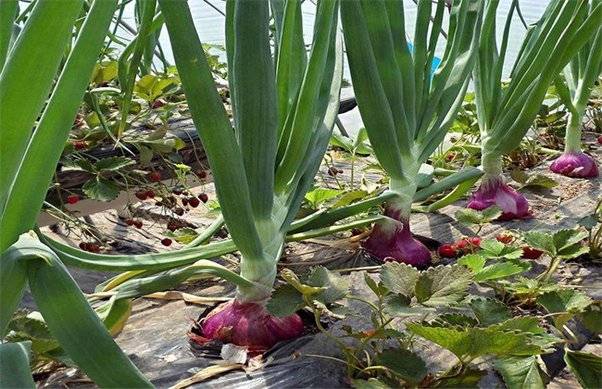Onions are the most eaten and cultivated vegetables in the world. Onions have been eaten around the world for more than 5,000 years.
According to the United Nations Food and Agriculture Organization, at least 175 countries around the world grow onions, twice as many as wheat. Onions are arguably the most popular vegetables in the world.
The annual output of onions in the world exceeds 90 million tons, and the planting area ranks first. China, India, the United States and Egypt are the major onion producers in the world.
Onions are not only delicious, they are also very nutritious. In Europe and the United States, onions are known as the "Queen of Vegetables".
Onions are rich in nutrients, such as vitamin C, vitamin B6, dietary fiber, folic acid, and minerals such as calcium, magnesium, sodium, potassium, selenium, and phosphorus.
Most importantly, onions contain two special nutrients: quercetin and prostaglandin A, these two special nutrients make onions have many health benefits that cannot be replaced by other foods.
Quercetin is a natural flavonoid that can effectively scavenge harmful free radicals in the body, protect cells, and delay the aging process of cells.
In addition, quercetin can inhibit the activity of cancer cells and prevent the growth of cancer cells. Studies have shown that eating onions regularly can reduce the incidence of cancer by about 20% to 25%.
Among all vegetables, only onion contains prostaglandin A.
Prostaglandin A can dilate blood vessels, increase blood vessel elasticity, reduce blood viscosity, and inhibit the synthesis of cholesterol. Often eating some onions is very beneficial to the health of cardiovascular and cerebrovascular.




